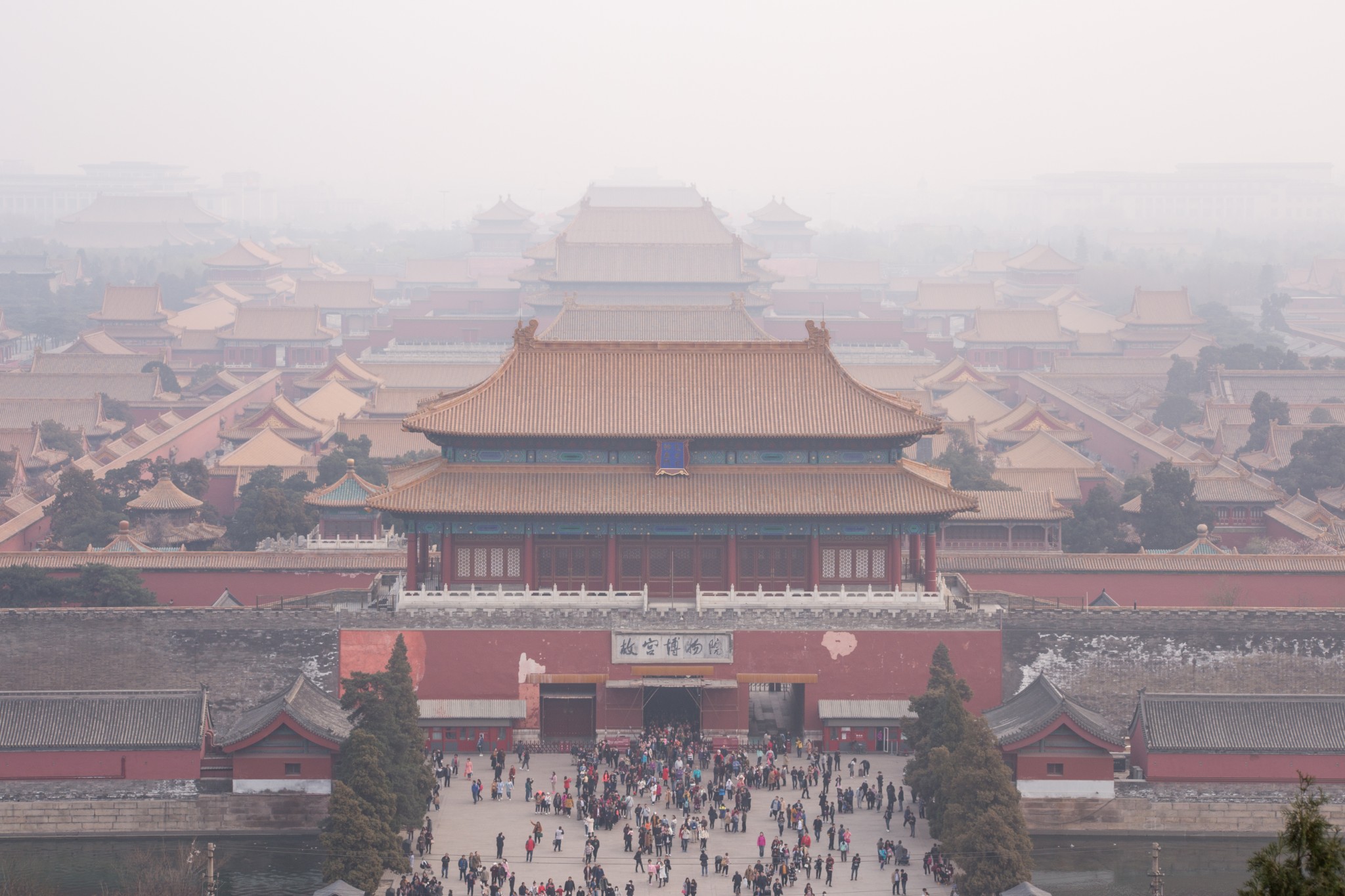 CC Image courtesy of Alex Berger on Flickr. License: https://bit.ly/3hIEo8e.
CC Image courtesy of Alex Berger on Flickr. License: https://bit.ly/3hIEo8e.
Event Recap: Beijing’s Quandary
Play video in new window | Subscribe to ASP Youtube channel
—
On June 17, the American Security Project (ASP) hosted a public event on the balance China must find between economic growth and reduced carbon emissions. ASP Climate and Energy Security Director Alexandra Hackbarth—who recently authored a report on this subject—moderated the discussion. Joining her were Vice Admiral Lee Gunn, USN (Ret.) and Taiya Smith, Director of the China Program at the Climate Leadership Council. A member of the ASP Board of Directors, Admiral Gunn is vital to the organization’s climate security program, traveling around the country to make the case that climate security is national security. Smith is a highly-regarded China expert who regularly advises government officials.
Taiya Smith opened the discussion by noting the topic’s timeliness—where China goes on climate change, the world will follow. In the face of COVID-19, Smith predicts the Chinese Communist Party (CCP) will prioritize quick boosts to employment and growth numbers over reducing carbon emissions in a timely manner. Although China recently moved away from announcing official GDP targets, Smith predicts the country needs to maintain an annual growth rate of about 3% to sustain current employment numbers.
Vice Admiral Lee Gunn noted three problems confronting China in the short term. The first of these is how to move past the economic repercussions of COVID-19, which have reduced standards of living across the country. Closely related to this is the second issue: that of resuming rapid economic growth to avoid internal strife. CCP stability depends on continuing to lift Chinese citizens out of poverty—and on maintaining relative prosperity for the country’s growing middle class. The third challenge facing the CCP is how to continue carving out an increasingly influential place in world affairs, including on climate issues.
Much of the event’s Q&A portion focused on what U.S. abdication of climate leadership means for both Chinese emissions and global expansionism. Admiral Gunn noted the U.S. retreat in foreign affairs more broadly produced opportunities for China to assert itself in places like Djibouti, where the CCP is building a base right next to the American one. Smith argued the lack of U.S. climate action makes China the undisputed world climate leader—a position the country has achieved largely by talking, not acting. Most of China’s concrete environmental plans to date concern air and water pollution, not reducing carbon emissions in any systematic way.
Admiral Gunn and Smith, however, both agreed it is not too late for the U.S. to reverse course and start pushing the Chinese in the right direction on carbon emissions. Gunn suggested coupling a meaningful, clearly articulated U.S. trade policy with reasoned negotiations that include climate issues on every topic. Smith noted two possible approaches: leveraging American investment in China to push for change, and focusing on the emerging markets that China sees as its future—for example, those states targeted by Xi Jinping’s Belt and Road Initiative.
The conversation concluded by turning north. In response to an audience question about whether melting sea ice will turn the Arctic into a zone of high geopolitical tensions, Admiral Gunn expressed hope countries could limit the High North to a zone of economic competition. He noted oil and gas exploration as a sector to watch carefully. Smith argued the next U.S. presidential administration should prioritize preventing a Russo-Chinese alliance in the Arctic.





